 In many situations, those who suffer injuries at a public location because of another’s negligence may claim recovery under Texas’ premises liability laws. However, like most tort laws, premises liability is rife with exceptions and immunity clauses. The exceptions largely hinge on the classification of the property or business owner and the injury victim. As such, these cases tend to be complex and require an extensive understanding of Texas negligence laws.
In many situations, those who suffer injuries at a public location because of another’s negligence may claim recovery under Texas’ premises liability laws. However, like most tort laws, premises liability is rife with exceptions and immunity clauses. The exceptions largely hinge on the classification of the property or business owner and the injury victim. As such, these cases tend to be complex and require an extensive understanding of Texas negligence laws.
Premises liability cases stemming from sporting events, such as baseball games, prove challenging for many accident victims. While many spectators bring a baseball glove in the hopes of catching a foul ball, many do not realize the dangers of a foul ball. However, the Major League Ball (MLB) assumes that spectators understand the potential risk of being struck by a foul ball.
In many situations, spectators can catch a foul ball or avoid serious injuries; however, the force of a foul ball slamming into an unsuspecting fan’s head can have a devastating impact. Spectators can suffer traumatic brain injuries, bruising, broken facial bones, skull fractures, and similar injuries. A foul ball could even kill a spectator. For example, the parents of a young child who was hit by a foul ball at a Houston Astros game finally settled with the team.
 Texas Injury Lawyers Blog
Texas Injury Lawyers Blog








 Recently, an appellate court issued an
Recently, an appellate court issued an  San Antonio, Texas: It’s back to school and back on the roads in Texas, make sure your children are safely buckled up or strapped in for trips in the car.
San Antonio, Texas: It’s back to school and back on the roads in Texas, make sure your children are safely buckled up or strapped in for trips in the car.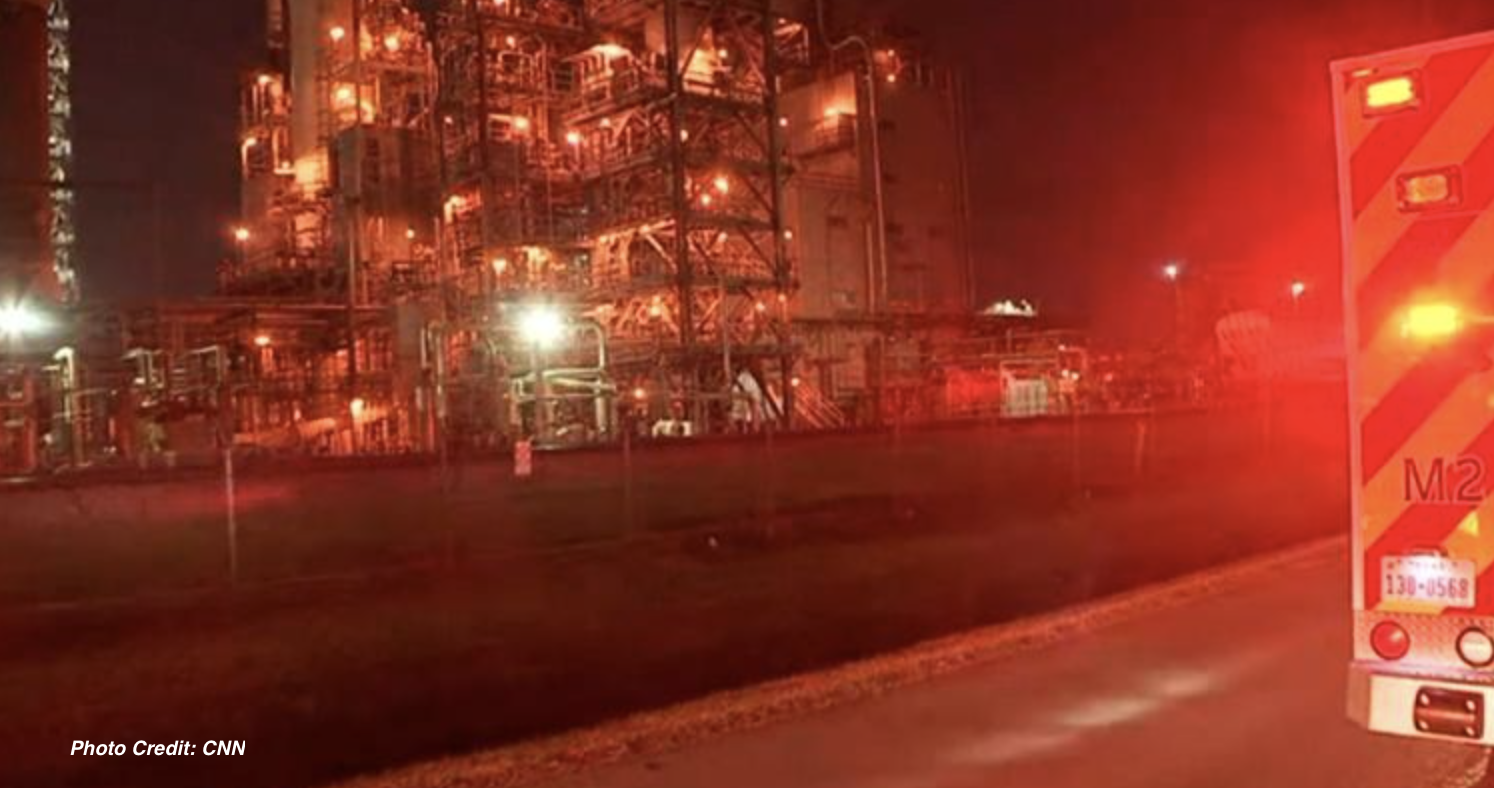
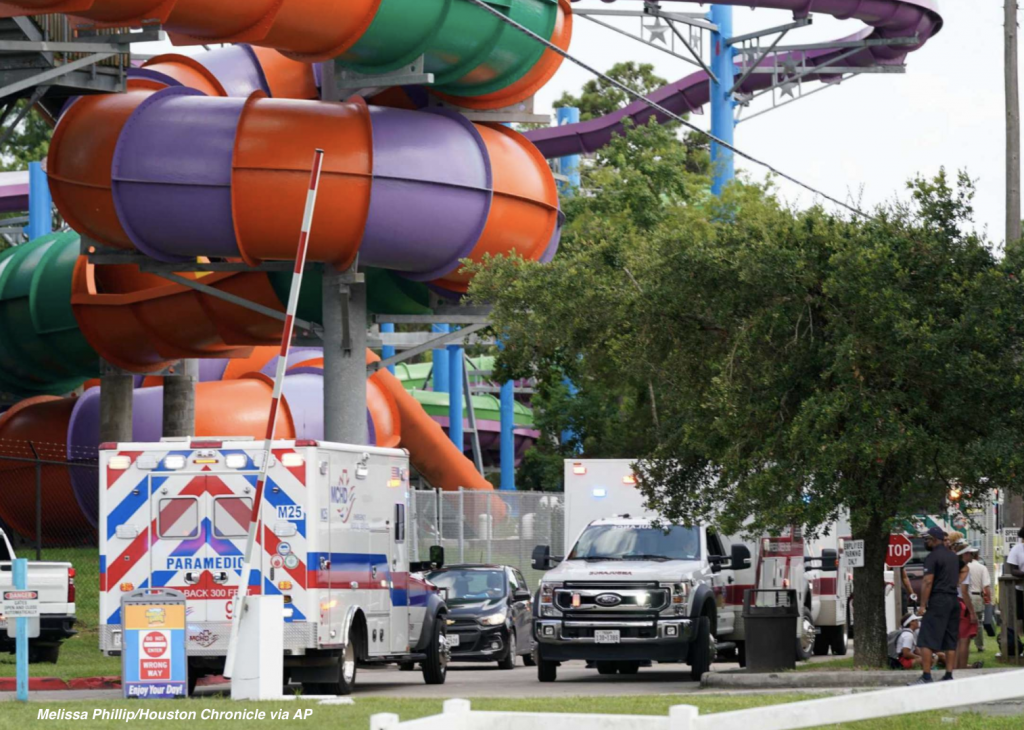 Texas’ year-round warm climate combined with vast open spaces make the state home to an array of theme parks, amusement parks, and outdoor recreational parks. While these locations are a great place for couples and families to spend a day together, they also pose many risks to park-goers and employees. While serious injuries at a Texas amusement park are uncommon, they occur and can result in lifelong consequences.
Texas’ year-round warm climate combined with vast open spaces make the state home to an array of theme parks, amusement parks, and outdoor recreational parks. While these locations are a great place for couples and families to spend a day together, they also pose many risks to park-goers and employees. While serious injuries at a Texas amusement park are uncommon, they occur and can result in lifelong consequences.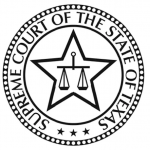 The Supreme Court of Texas recently issued an
The Supreme Court of Texas recently issued an  CANCER CAUSING BENZENE FOUND IN SUNSCREENS LINKED TO HIGHER RISK–KILLER TAN CAN BE DEADLY – 40 SUNSCREEN BRANDS RECALLED
CANCER CAUSING BENZENE FOUND IN SUNSCREENS LINKED TO HIGHER RISK–KILLER TAN CAN BE DEADLY – 40 SUNSCREEN BRANDS RECALLED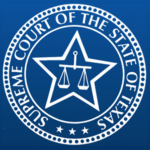 The Supreme Court of Texas recently delivered an
The Supreme Court of Texas recently delivered an 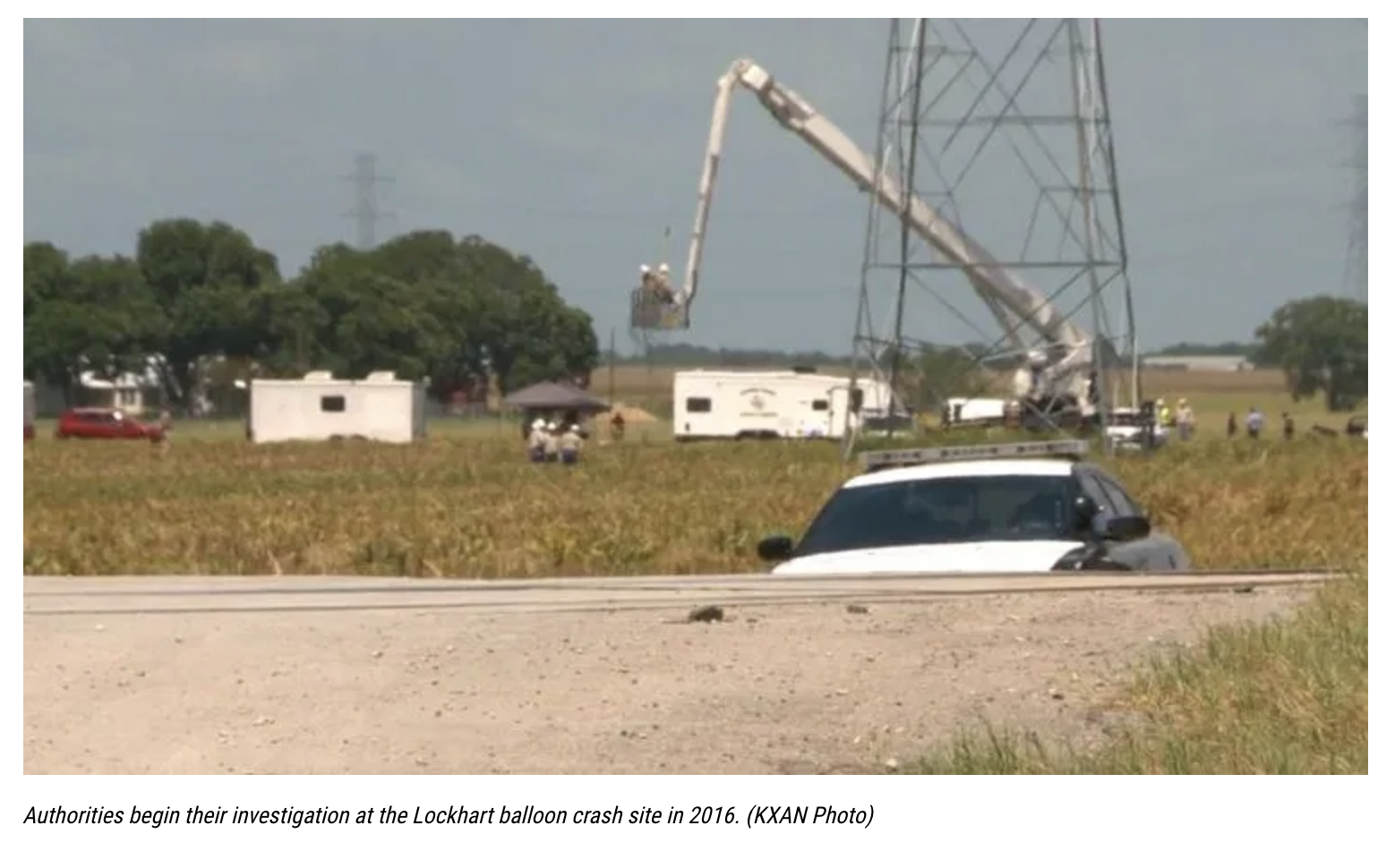 Hot air balloon rides and other similar in-air recreation activities are a unique and thrilling experience for many participants. While these excursions provide the public with a special vantage point, there are inherent risks in participating in these activities. Texas hot air balloon accidents can pose many challenges to victims and their loved ones. The public is urging lawmakers to push for more protections for balloon riders. This push stems from the Federal Aviation Administration’s failure to implement regulatory changes following a devastating 2016 hot air balloon accident.
Hot air balloon rides and other similar in-air recreation activities are a unique and thrilling experience for many participants. While these excursions provide the public with a special vantage point, there are inherent risks in participating in these activities. Texas hot air balloon accidents can pose many challenges to victims and their loved ones. The public is urging lawmakers to push for more protections for balloon riders. This push stems from the Federal Aviation Administration’s failure to implement regulatory changes following a devastating 2016 hot air balloon accident.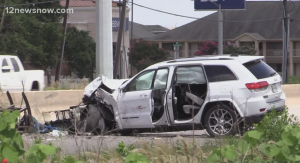 While some car accidents seem straightforward, upon investigation, most cases contain various factors that may impact liability and financial recovery. Most Texas motor vehicle accidents involve negligence or recklessness. However, while specific actions may seem “negligent,” Texas law has a precise definition of what amounts to legal negligence. Even if an injury victim can establish the other party’s negligence, they might still need to refute any claims of contributory negligence.
While some car accidents seem straightforward, upon investigation, most cases contain various factors that may impact liability and financial recovery. Most Texas motor vehicle accidents involve negligence or recklessness. However, while specific actions may seem “negligent,” Texas law has a precise definition of what amounts to legal negligence. Even if an injury victim can establish the other party’s negligence, they might still need to refute any claims of contributory negligence.